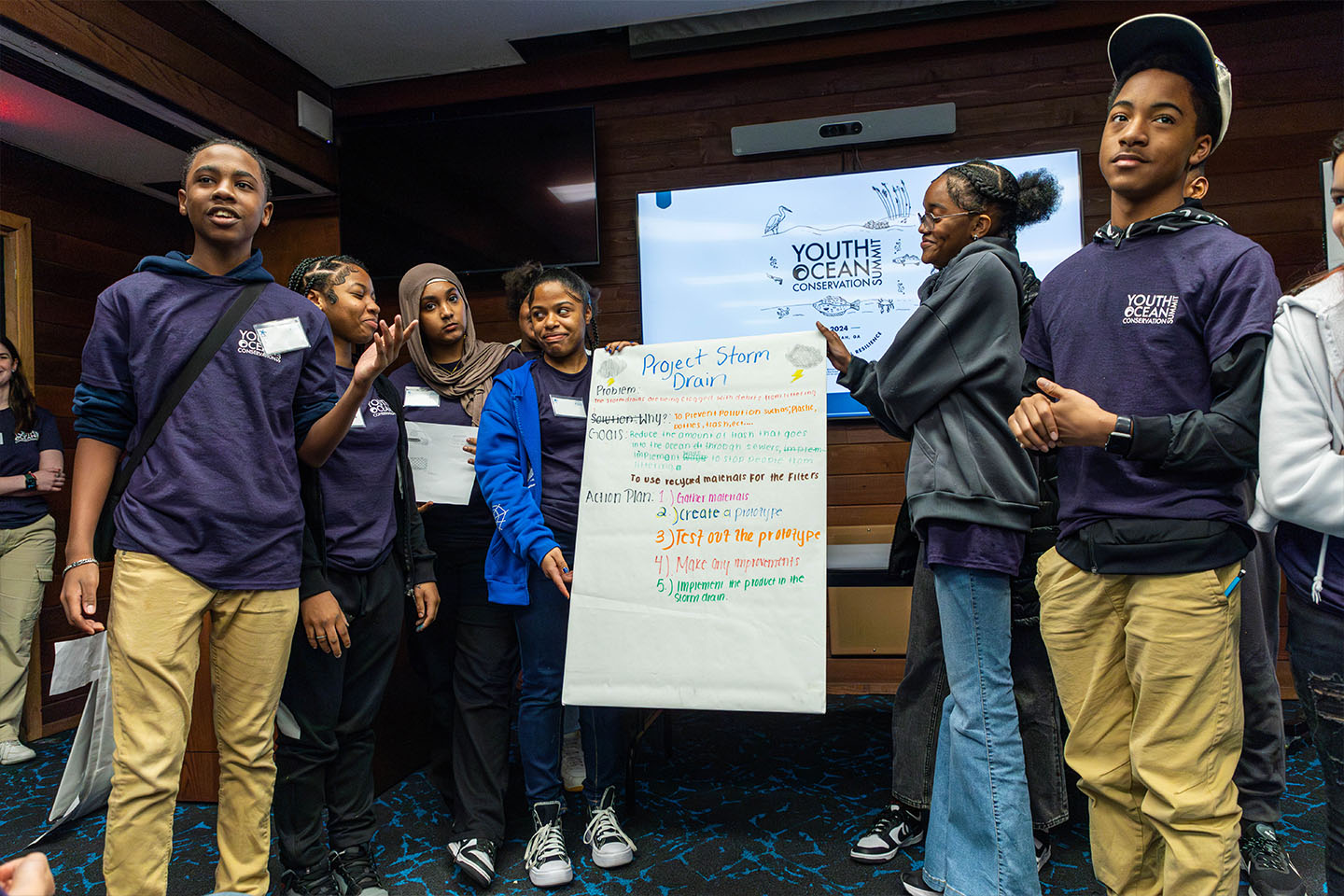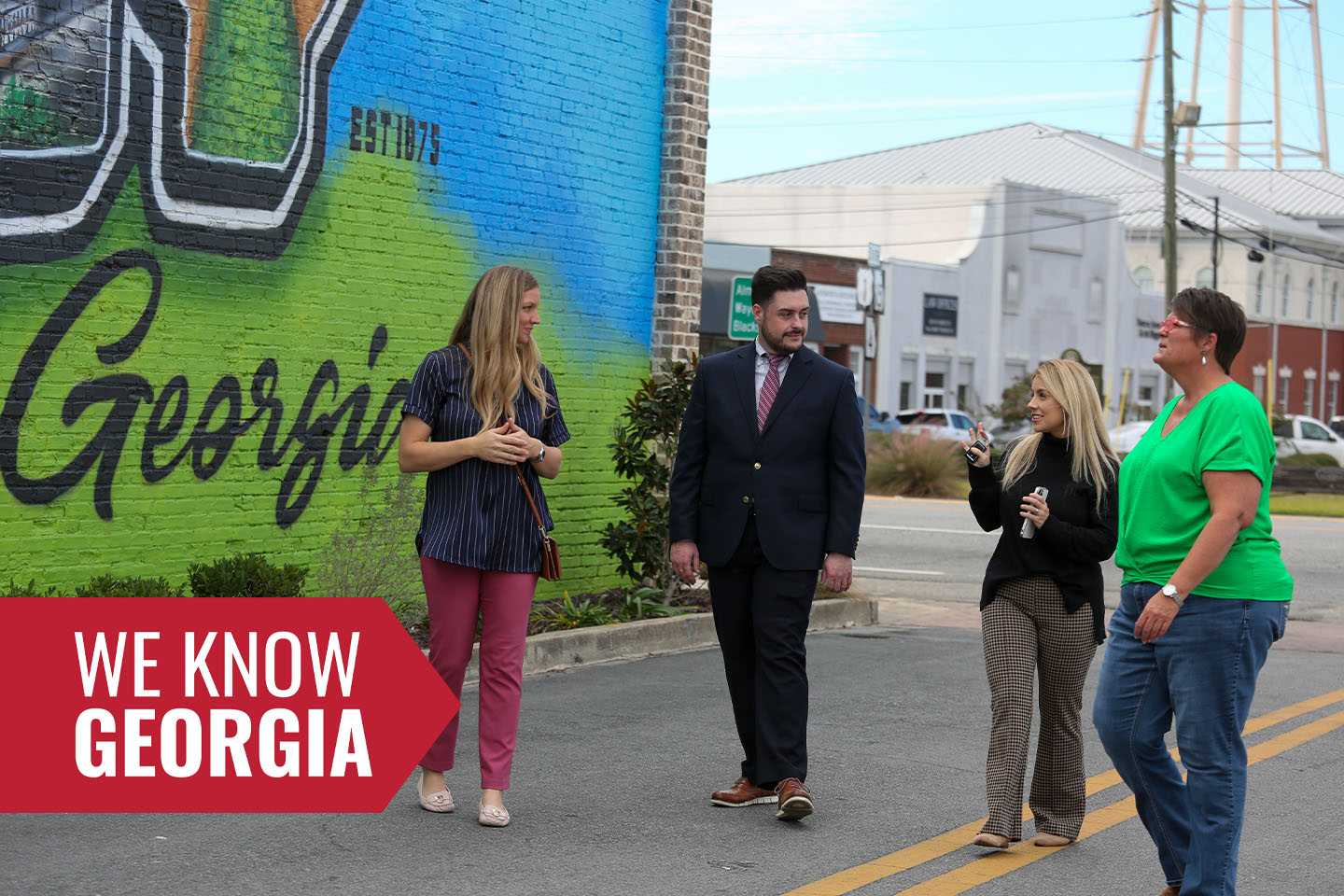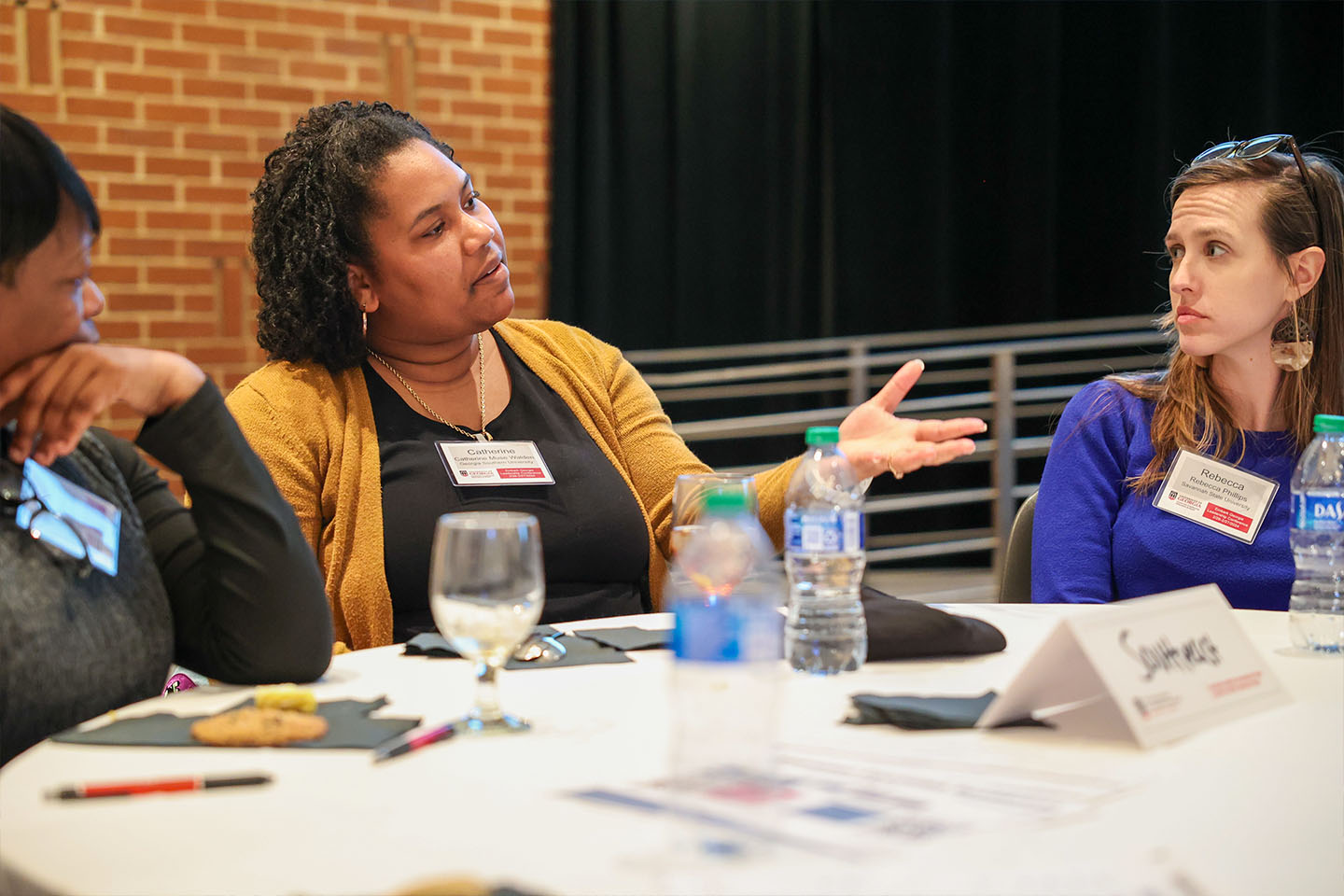ATLANTA – To hammer home the importance of economic development, the University of Georgia is carting 45 of its new faculty members across the state to see how the pieces of industrial recruitment fit together.
The tour will take them to industrial and agricultural centers as well as the distribution and transportation hubs like the Savannah port that move the goods to buyers. They’ll even visit one of the South’s largest construction projects, the installation of two nuclear reactors at Plant Vogtle.
Tuesday, the professors from various academic disciplines heard from state officials, such as Secretary of State Brian Kemp, Agriculture Commissioner Gary Black and Lt. Gov. Casey Cagle.
Most highlighted the state’s assets, such as the world’s busiest passenger airport, the nation’s fastest-growing port, the third-highest concentration of Fortune 500 headquarters and top-notch research universities.
“It creates this great ecosystem that really allows us to be the capital of the South,” Cagle told them.
But he said they can help solve one of the state’s largest challenges.
“There is a skills gap in our country, certainly within our state,” he said.
The university used to regularly take new faculty around the state, especially since most are not from Georgia. The recession ended the annual bus journeys, and this year is the first trip in five years.
It is revived at a time when Gov. Nathan Deal’s top priority is job creation. The University System chancellor and UGA president picked on his watch have made it top concerns of theirs as well.
UGA President Jere Morehead created an office for economic development in Atlanta, and Chancellor Hank Huckaby created a vice chancellor with the same mission.
Huckaby said the tour, which he participated in years ago, will give the faculty an understanding of their state and the issues facing it, whether they teach English, biology or business courses.
“None of us, regardless of where we work, need to be myopic about what the challenges are going forward,” he said. “I think it gives them some insights and appreciation of the complexities the higher-education world.”
As opposed to technical colleges which prepare students for specific jobs, universities give graduates a broader education, he said, to prepare them for varied jobs during their working careers.
During Tuesday’s stops in Atlanta, the group toured the Capitol and got to role play as corporate executives with an industrial prospect at Georgia Power Company’s multimedia economic-development office.



